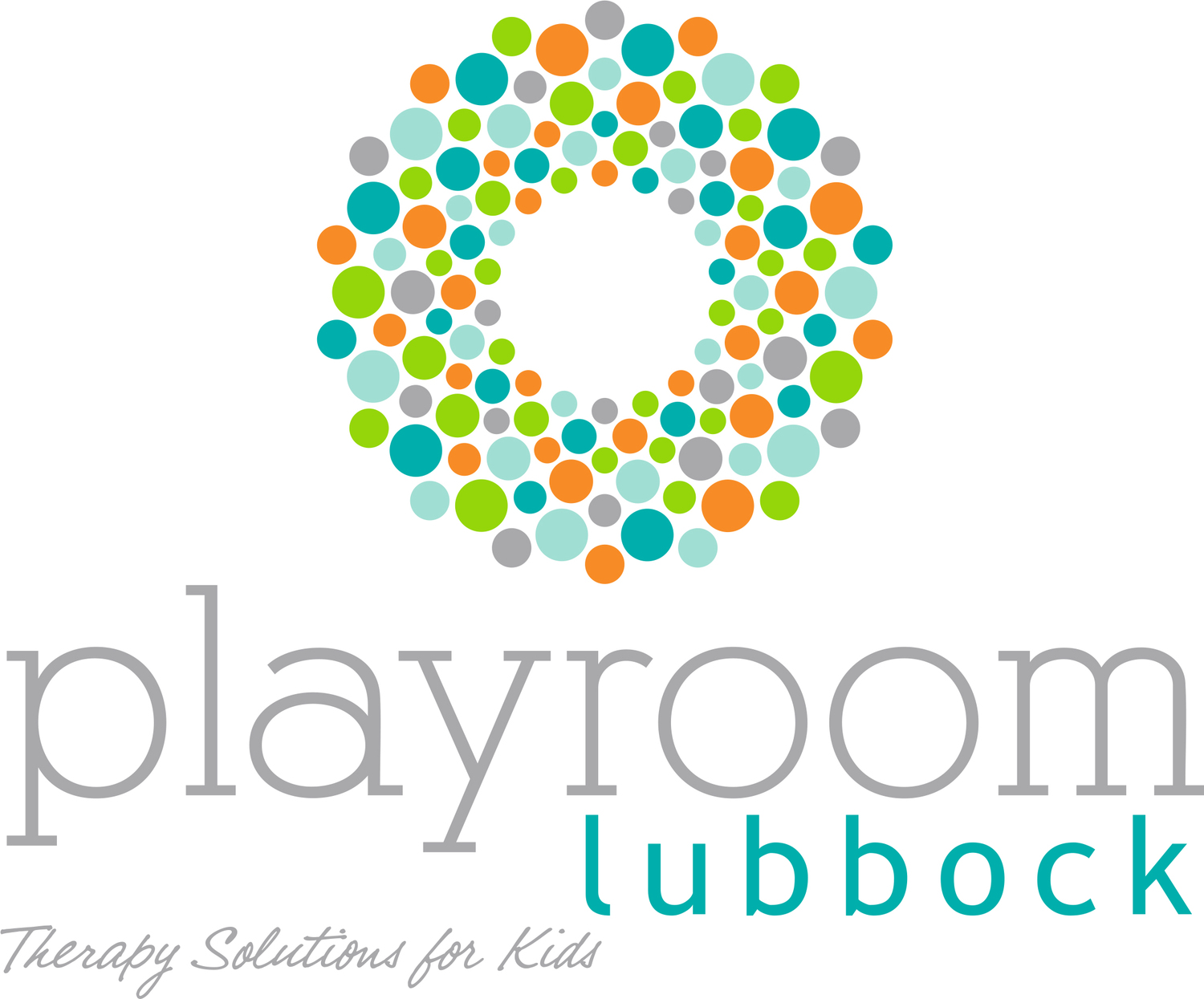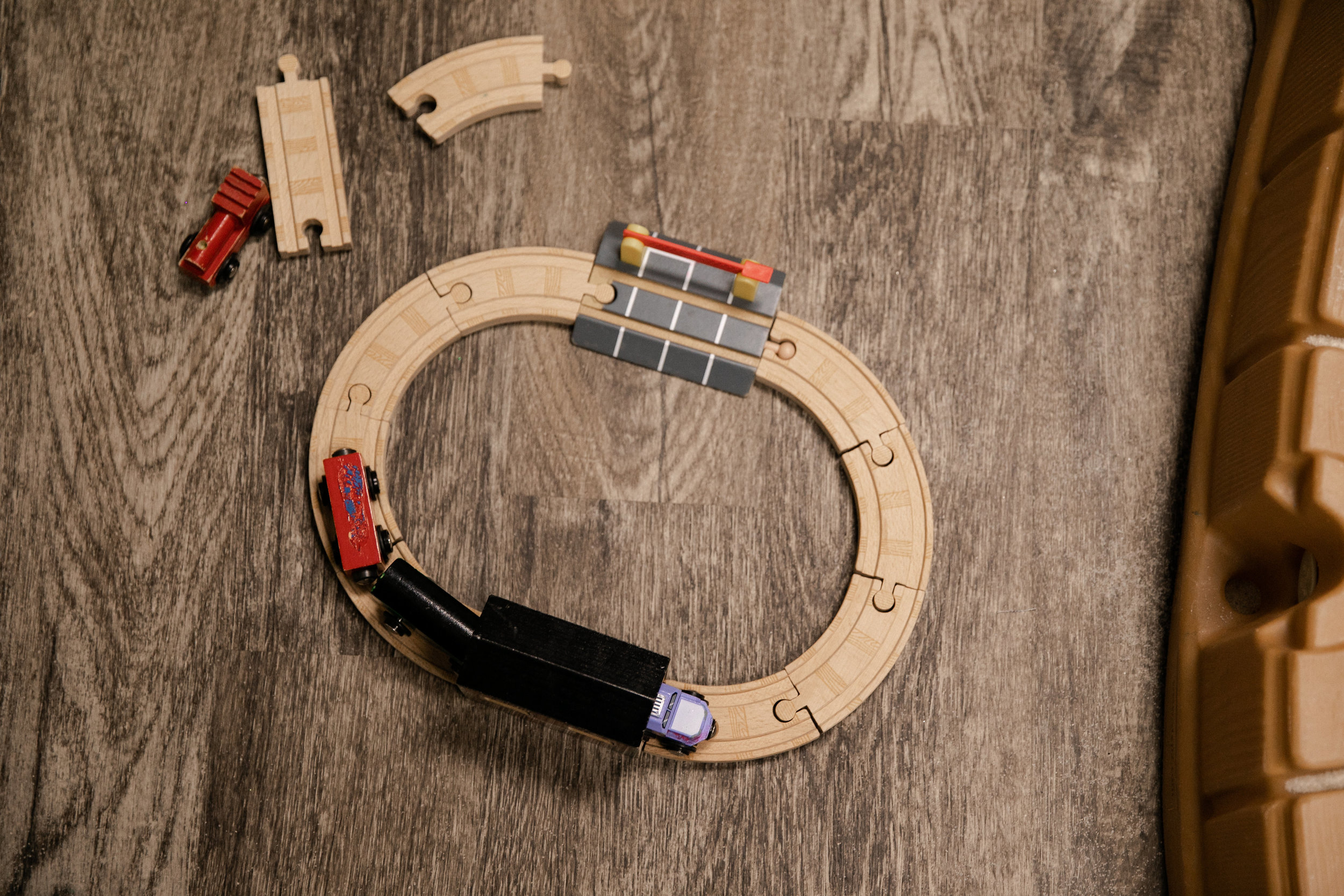All children adjust to challenges; some need extra help to adjust or cope.
Because of the nature of development, children more easily communicate and express how they feel through play, not as much through words.
Play therapy provides toys and materials so that children can communicate what they cannot say in words.
The play therapist creates a safe relationship through and connection through non verbals and through verbal responses. These therapeutic responses are crafted to reflect a child’s feelings, facilitate their decision making and creativity, to encourage, to set limits, and to enlarge the meaning of a child’s metaphors through play.
Children recreate in play the life experiences that are part of their challenges.
Releasing feelings with a safe, caring, understanding adult helps children feel better.
Children’s play evolves until they gain understanding/comfort over their conflicts/worries.
Children learn to express themselves in positive ways, to control their behavior, to make decisions, and to act responsibly.
They change their personal view of life events, enjoy their interactions with others and feel increased self esteem.
Parents meet often with the therapist to express concerns, talk about their child’s behavior at home/school, and receive feedback.
Parents may be asked to join the play sessions and will be given guidance as to how to help the child or respond to the child.
Children need some degree of privacy regarding what occurs in therapy.
There is a possibility that challenges may “get worse before it gets better”; this is not unusual nor does it mean the therapy is not going to be effective.
(*not an actual client pictured with Kelly above)


